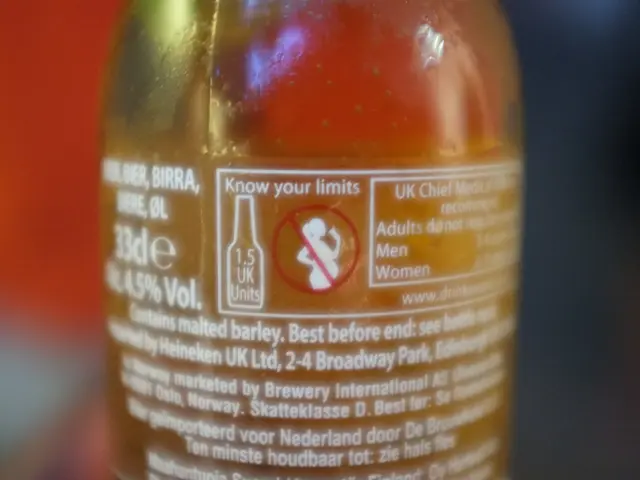Child Vehicle Safety: Essential Guide for Nigerian Parents
In the bustling streets of Nigeria, the safety of our youngest citizens is paramount. While global safety best practices strongly favour the use of child car seats and restraints for babies and young children, concrete Nigerian-specific car seat regulations were not found in the provided sources. However, this article aims to equip Nigerian parents with essential information and best practices for ensuring their babies' safety during car rides.
Properly installed car seats or restraints tailored for their size and weight significantly reduce injury risks during accidents. Choosing the right car seat for a baby is crucial for every Nigerian parent. The car seat should meet safety certifications such as the Federal Motor Vehicle Safety Standards (FMVSS) or the European Safety Standards (ECE R44/04).
Infants up to 1 year old must be secured in rear-facing car seats, while children aged 1 to 4 years should use forward-facing car seats with a harness. Rear-facing car seats provide the best protection for babies and young children by minimizing the risk of injury and supporting the head, neck, and spine. Forward-facing car seats are suitable for older children who have outgrown rear-facing seats, providing protection for the head, neck, and spine in the event of a crash.
Brand reputation and reviews are important considerations when choosing a car seat. Ease of installation and use is another vital factor to consider. It's advisable to invest in a new car seat rather than buying a second-hand one. Safety features such as a five-point harness, side-impact protection, and energy-absorbing materials are essential.
Factors to consider when selecting a car seat include the age, weight, and height of the baby. It is essential to ensure the car seat is compatible with the vehicle. Regularly check the car seat for any signs of wear and tear and replace it if necessary. Proper installation and use of car seats are crucial to ensure your child's safety while traveling, with common mistakes such as using an expired car seat, not tightening the harness enough, or placing the harness straps incorrectly to be avoided.
For air travel originating or arriving in Nigeria, check with the airline for their infant and child seat policies, which often align with international safety standards. Nigerian laws and regulations have been put in place to protect babies during car journeys, with the Federal Road Safety Commission (FRSC) enacting specific regulations requiring the use of appropriate car seats for babies and young children. Failure to comply with these regulations may result in fines, imprisonment, or both, with non-compliant drivers also facing the suspension or revocation of their driver's licenses.
Stricter laws and enhanced enforcement are advocated for to protect all children on Nigerian roads, including mandatory car seat use for all children up to a certain age or height, public education about the importance of car seats, and regular enforcement checkpoints and penalties for non-compliance. In Nigeria, children are disproportionately affected by road accidents, with a considerable number of these accidents involving babies or toddlers.
In summary, while global safety best practices strongly favour the use of child car seats and restraints for babies and young children, concrete Nigerian-specific car seat regulations were not found in the provided sources. Therefore, it is advisable to use an age- and size-appropriate child restraint system or car seat in vehicles to enhance safety for babies and young children. Regularly check the car seat for any signs of wear and tear and replace it if necessary. Consult Nigeria’s Federal Road Safety Corps (FRSC) or other relevant government transportation authority websites for authoritative rules on child passenger safety in Nigeria.
- For every Nigerian parent, choosing the right car seat for a baby is crucial, ensuring proper installation and utilization of car seats can significantly reduce injury risks during accidents.
- Infants up to a year old must be secured in rear-facing car seats, while kids aged 1 to 4 years should use forward-facing car seats with a harness, for the best protection.
- Brand reputation, customer reviews, ease of installation, and safety features such as a five-point harness, side-impact protection, and energy-absorbing materials are important considerations when choosing a car seat.
- It's advisable to invest in a new car seat, staying informed about the age, weight, and height of the baby, and ensuring the car seat is compatible with the vehicle.
- Proper installation and use of car seats are essential to ensure safety while traveling, and common mistakes should be avoided, like using an expired car seat, not tightening the harness enough, or placing the harness straps incorrectly.
- Stricter laws and enhanced enforcement are advocated for to protect all children on Nigerian roads, including mandatory car seat use for babies and young children, public education about the importance of car seats, and regular enforcement checkpoints and penalties for non-compliance.




